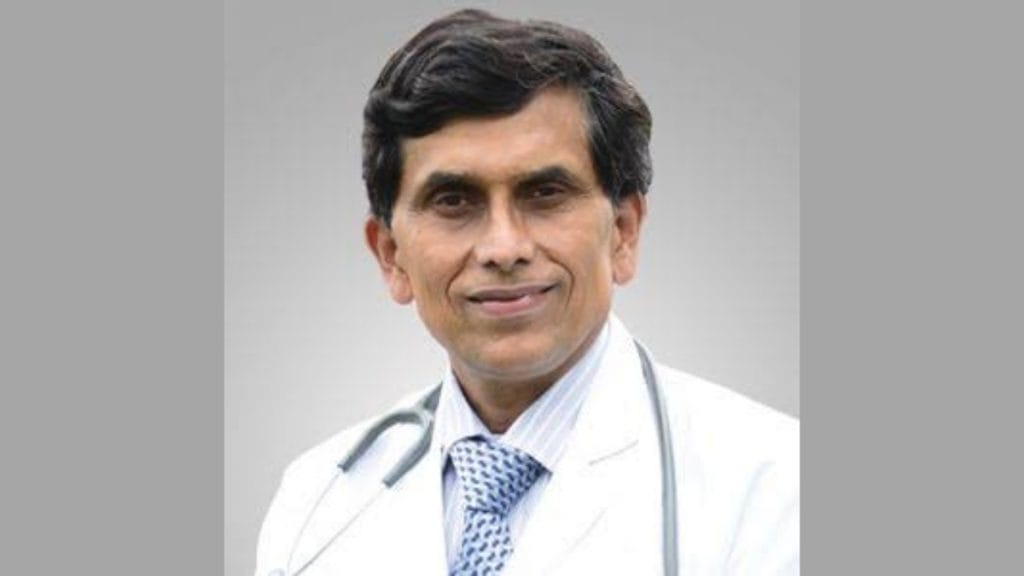New Delhi [India], August 22: Organ donation is a profound act of kindness that can save lives and bring hope to countless families. While this decision is crucial for individuals of all ages, young people hold a unique and vital role in this life-saving process.
The Gift of Life
Organ donation is the ultimate gift of life. Each donor has the potential to save up to eight lives and improve the quality of life for many more through tissue donation. This act of generosity transforms tragedy into hope and loss into new beginnings. Young people, with generally healthier organs, are especially valuable donors. Their organs are often in optimal condition, making successful transplants more likely and reducing the risk of complications.
Addressing the Shortage
Currently, there is a significant shortage of available organs for transplant. The organ donation rate among deceased individuals in India is extremely low, at just 0.26 per million population. This low rate contributes significantly to the annual deaths of 500,000 people who are unable to receive the organs they need.
Thousands of patients wait on transplant lists, hoping for the call that will save their lives. This shortage is particularly acute for organs like hearts, lungs, and livers. Young donors can make a substantial difference in addressing this gap, offering renewed chances at life for those in critical need.
To tackle these challenges, the Indian government has implemented several measures. The Transplantation of Human Organs Act (THOA) was amended in 2011 to enhance deceased organ donation and create a regulatory framework for transplant activities. The National Organ Transplant Program was also introduced to ensure wider access to life-saving transplants for all citizens.
Understanding Brain Death and Organ Donation
It is crucial to understand that organ donation typically occurs under specific circumstances. Young donors who suffer from irreversible brain injuries, often due to tragic events such as road accidents, are those whose organs are sought for donation. In these cases, the individual is declared brain dead—a state where the brain has ceased all functions and recovery is impossible. Though brain dead, the heart may continue to beat for hours or days, but the person is already in a vegetative state with no chance of recovery.
During this brief window, the organs can be harvested to save the lives of others. This period between the onset of brain death and cardiac standstill is critical for organ donation. By understanding and acknowledging this, potential young donors and their families can appreciate the importance of making this compassionate choice.
Leading by Example
Young people are often seen as leaders and influencers within their communities. They set a powerful example for their peers and younger generations by choosing to become organ donors. This act of compassion and responsibility can inspire others to follow suit, creating a ripple effect that amplifies the impact of each donor.
Breaking the Myths
Numerous misconceptions about organ donation deter individuals from registering. Organ donation does not interfere with medical care; saving the donor’s life is always the first priority. Additionally, organ donation is possible even if the individual has certain medical conditions or lifestyle factors. By seeking accurate information and dispelling these myths, young people can help break down these barriers and promote a culture of donation.
Personal Fulfillment
The decision to become an organ donor is deeply personal and immensely fulfilling. Knowing that life can be offered to others in the face of tragedy is a profound source of comfort and pride.
Steps to Take
Becoming an organ donor is straightforward. Registration can be done through organ donor registry. In India, the National Organ and Tissue Transplant Organization (NOTTO) provides an easy online registration process. Communicating this decision with family members is crucial, as well as ensuring that loved ones are aware of and support this choice. Having these conversations can be challenging, but it is essential to ensure that the donor’s wishes are honored.
Organ donation is a transformative act that can bring life and hope to those in need. Young people, particularly those who tragically suffer irreversible brain injuries, play a key role in bridging the gap between the demand for organs and their availability. By choosing to become organ donors, they not only save lives but also inspire a culture of generosity and compassion. Consider making this life-saving decision, and take the necessary steps to register as an organ donor. Your choice can make an extraordinary difference, offering hope and life to those in need.
Disclaimer: This information is provided by a qualified healthcare professional. However, it is essential to consult with family members and respective healthcare professionals before making any decisions regarding organ donation or transplantation.





